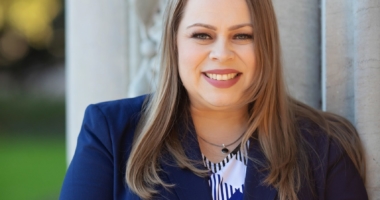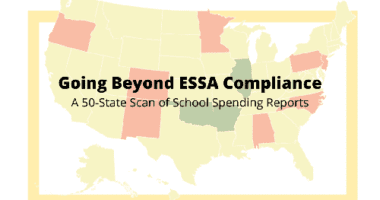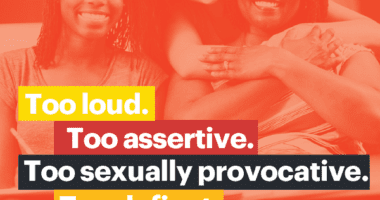No Matter the Outcome, Vergara Trial Is a Win for California Students
UPDATED
Whatever the verdict in the courtroom, the explosive Vergara v. California case has already made an important mark on California and the nation. A group of nine brave California students and their attorneys have gone head-to-head with the state of California and the teachers unions in the past three weeks to demonstrate that although California’s constitution guarantees every child access to a quality education, a trio of stifling laws deny low-income students and students of color access to great teachers.
Now in its fourth week, the trial’s legal process and intense media scrutiny have given air to a pile of evidence on the impact of effective teachers, the destabilizing effect of seniority-based layoffs, and the startling cost and duration of dismissal proceedings. (Conversation online has intensified so much that a Twitter search for “Vergara” turns up more posts about teacher tenure, layoffs, and dismissal than Modern Family’s Sofia Vergara. To distinguish the two, many people are now using #VergaraTrial to tweet coverage and other relevant news.) Most importantly, the trial has highlighted heartbreaking disparities in access to effective teachers, including our own research finding that black and Latino students in Los Angeles are 2-3 times more likely to have a low-performing teacher than their white or Asian peers, as well as our data on the disproportionate impact of seniority-based layoffs on poor schools in three large California districts.
Last week, Arun Ramanathan, executive director of Ed Trust–West, shared these findings with the court. He described the achievement gaps plaguing low-income students and students of color in California and explained how the current system of layoffs exacerbates these gaps.
Humanizing this and other data, a parade of teachers and students have taken the stand in the last month to share their sometimes heart-rending stories. One Teacher of the Year described how she was laid off five times in nine years, killing much of her desire to stay in the profession. Students started their testimonies by recalling teachers who inspired them to dream and achieve at high levels, before going on to describe others who didn’t teach well. Some recounted stories of horrifyingly damaging teachers who fell asleep at their desks and called students hateful and racist names.
No student — particularly one who already faces the obstacles imposed by poverty — should be taught by such teachers. In fact, those students with less at home need more in the classroom. And no school or district leader should be forced by byzantine laws to keep ineffective teachers in their schools year after year. Yet, this is the reality in which California students live and learn every day.
This trial, regardless of the outcome, may not change that immediately. Nevertheless, it is forcing a very public and sometimes uncomfortable conversation about education equity. And that will pave the road to better, fairer educational opportunities for these nine plaintiffs, for their younger siblings, and for the millions of other California students who stand to benefit.
Carrie Hahnel leads research and policy analysis for The Education Trust–West. She focuses primarily on issues of funding equity, accountability, teacher effectiveness, and public transparency in California.










